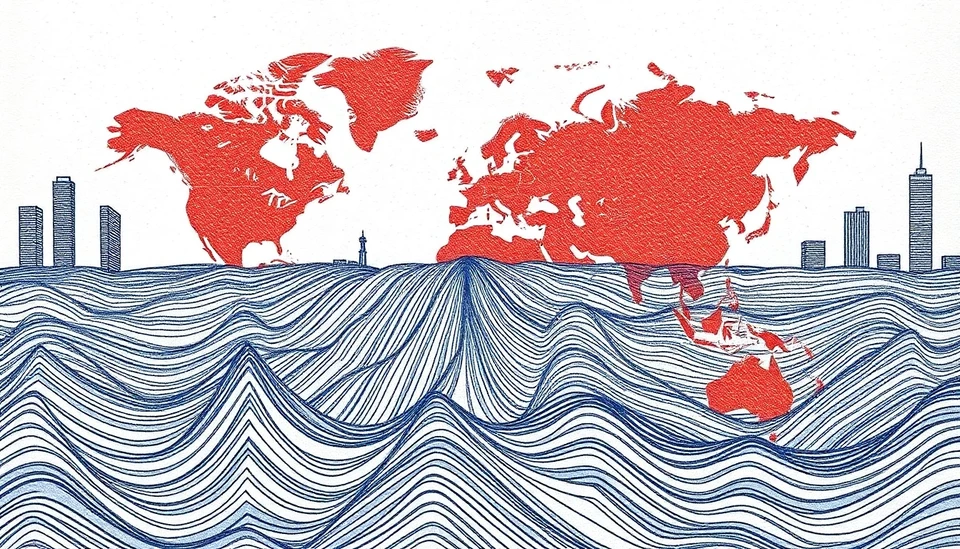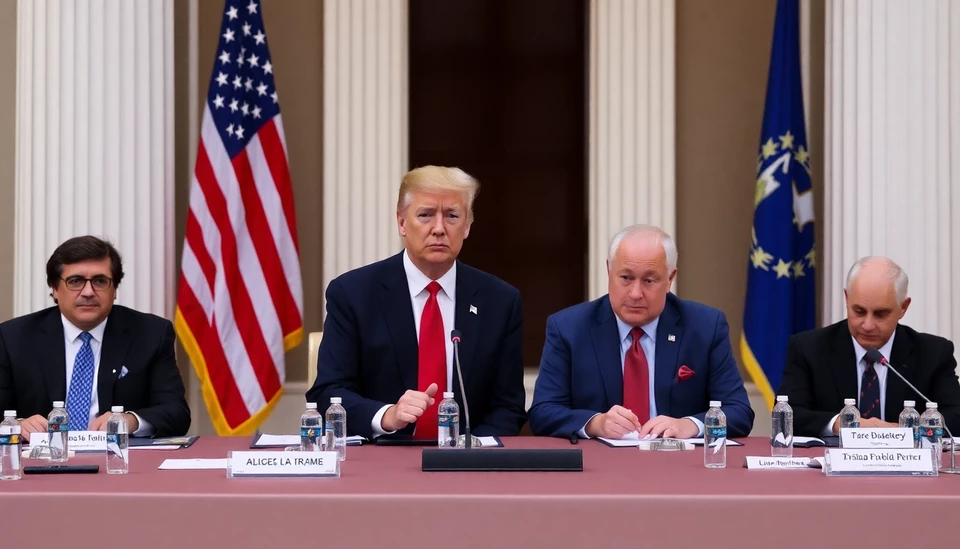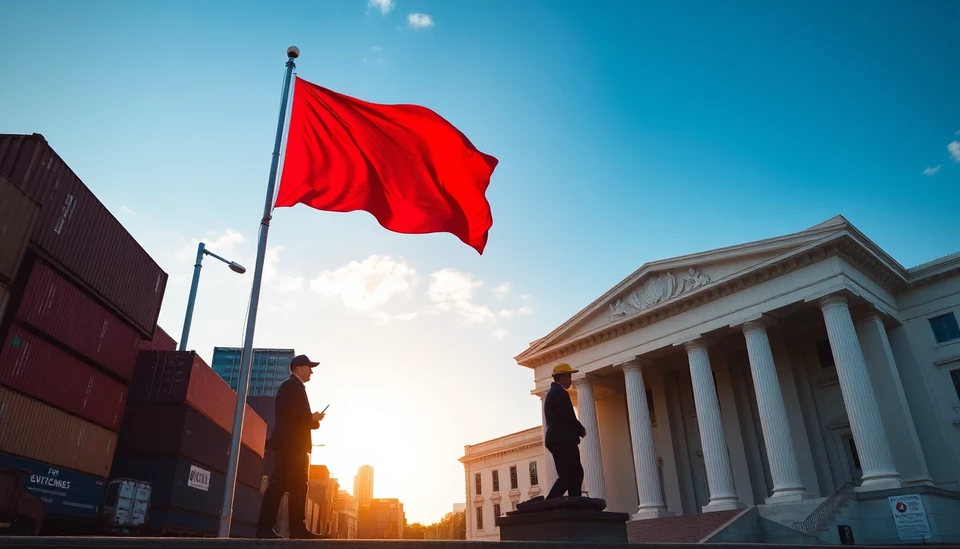
As we advance into the final quarter of 2024, the world economy is witnessing a profound transformation. Previously dominated by issues surrounding inflation and pricing, economic discussions have increasingly pivoted toward the complex interplay of political dynamics and national debt levels. This shift in focus is not only indicative of the evolving nature of economic pressures but also reflects the broader geopolitical landscape that influences financial markets globally.
Historically, rising prices, particularly in energy and food sectors, dictated the state of national economies and consumer welfare. Countries were occupied with combating inflation rates that threatened to spiral out of control, causing central banks across the globe to raise interest rates aggressively. However, recent analyses suggest that these economic strategies may be reaching their limits. With inflation rates stabilizing, attention now shifts to other critical factors that could have far-reaching consequences for economic stability.
The political climate in various nations, especially in the wake of elections and growing populist sentiments, is becoming a significant factor affecting economic prospects. Governments are grappling with mounting pressures to address public grievances, leading to policies that may prioritize short-term gains over sustainable economic growth. The fracturing global consensus on trade and finance is likely to exacerbate these tensions, as nations engage in more protectionist stances than ever before.
Moreover, the issue of national debt is emerging as a central concern. As countries seek to finance their recovery from the pandemic and its economic fallout, many have found themselves in precarious fiscal situations. The increased borrowing during periods of crisis has left many economies with staggering debt levels, prompting discussions about the viability of these nations' fiscal policies. There is a growing recognition that while debt can fuel growth, excessive borrowing without corresponding economic output may lead to catastrophic outcomes down the line.
Investors and economists alike are paying close attention to signals from policymakers that indicate how countries plan to navigate these challenges. Interest rate adjustments, debt repayment strategies, and political stability will be pivotal in determining how economies recover and expand. Additionally, geopolitical tensions could further complicate recovery plans, impacting global supply chains and trade relations.
As debates surrounding tax policies and government spending heat up, it remains unclear how sustainable many of the current strategies will be. Analysts predict that the intersection of politics and the economy will become increasingly prominent, raising critical questions about future growth prospects and the potential for economic turbulence. Nations that can stabilize their political climates while managing debt effectively may emerge as leaders in this new economic landscape.
In conclusion, as the world transitions from a preoccupation with prices to a focus on politics and debt, the implications for the global economy are vast. The real test will be whether governments can find a balance between addressing immediate public concerns and laying the groundwork for long-term financial health. The coming months will be crucial in shaping not only national economies but also the global economic order. The world is watching closely as these factors unfold.
#WorldEconomy #GlobalPolitics #NationalDebt #EconomicGrowth #Inflation #FinancialMarkets #GeopoliticalTensions #SustainablePolicy
Author: Daniel Foster

